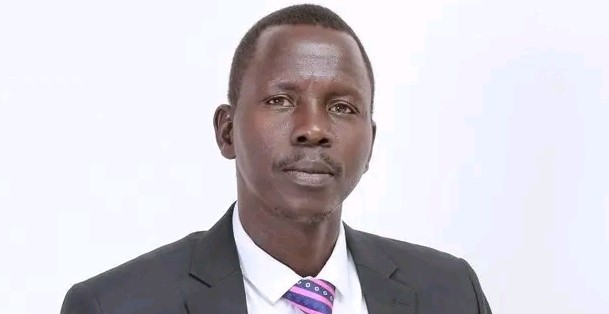Puok Nyang Tutjiek, the Commissioner of Akobo County in Jonglei State, has strongly rejected claims made by Jonglei State Minister of Health, Lual Monyluak, accusing the county of turning away humanitarian partners in June 2024.
The accusations followed peaceful protests staged by Akobo residents over the declining quality of healthcare services, particularly at Akobo Hospital.
Minister Monyluak’s statement on Wednesday alleged that a team sent by the Ministry of Health to assess healthcare conditions in Akobo County was denied access by Commissioner Tutjiek.
However, Commissioner Tutjiek responded with a rebuttal in a letter dated November 20, 2024, labeling the allegations “unfounded” and “misleading.” He explained that the situation surrounding Akobo Hospital had begun earlier in May 2024, when Save the Children was announced as the new operator of the facility. This news sparked protests from hospital staff, who were concerned about the future of the hospital under the NGO’s management.
“The statement from the state minister does not reflect the reality on the ground,” Tutjiek said in an interview with Radio Tamazuj Thursday. “I did not reject the implementing partner, as we had already agreed in a meeting on May 15, 2024, that Save the Children would manage the hospital. However, they were not ready to take over due to budget constraints.”
The commissioner added that local staff’s protests were motivated by fears that Save the Children’s involvement would lead to the hospital’s downgrade, which would worsen healthcare services in the area.
Tutjiek further clarified that when the assessment team, including officials from the Ministry of Health and Save the Children, visited Akobo Hospital in June, they arrived without the necessary official documents. The visit was reportedly organized by Save the Children itself, and the required documents were only sent after the team had returned, he added.
Local health workers were later informed that the hospital’s status was set to be downgraded, according to the local official.
Commissioner Tutjiek called for a more collaborative approach to resolving the issue and addressing the concerns of local staff and the community.
South Sudan has very poor health indicators, including limited access to health services. Government funding for health is low, at less than 2% of the national budget.




